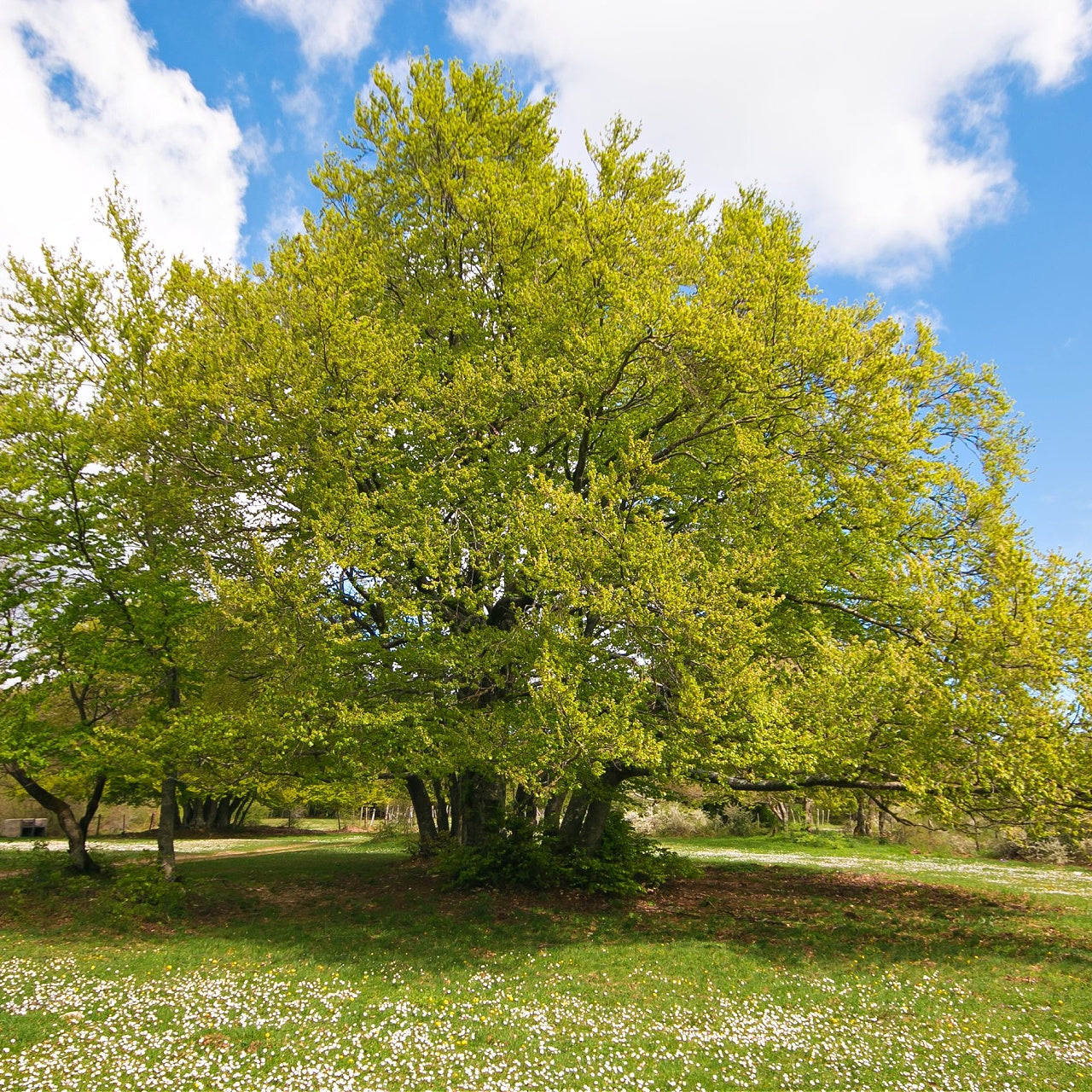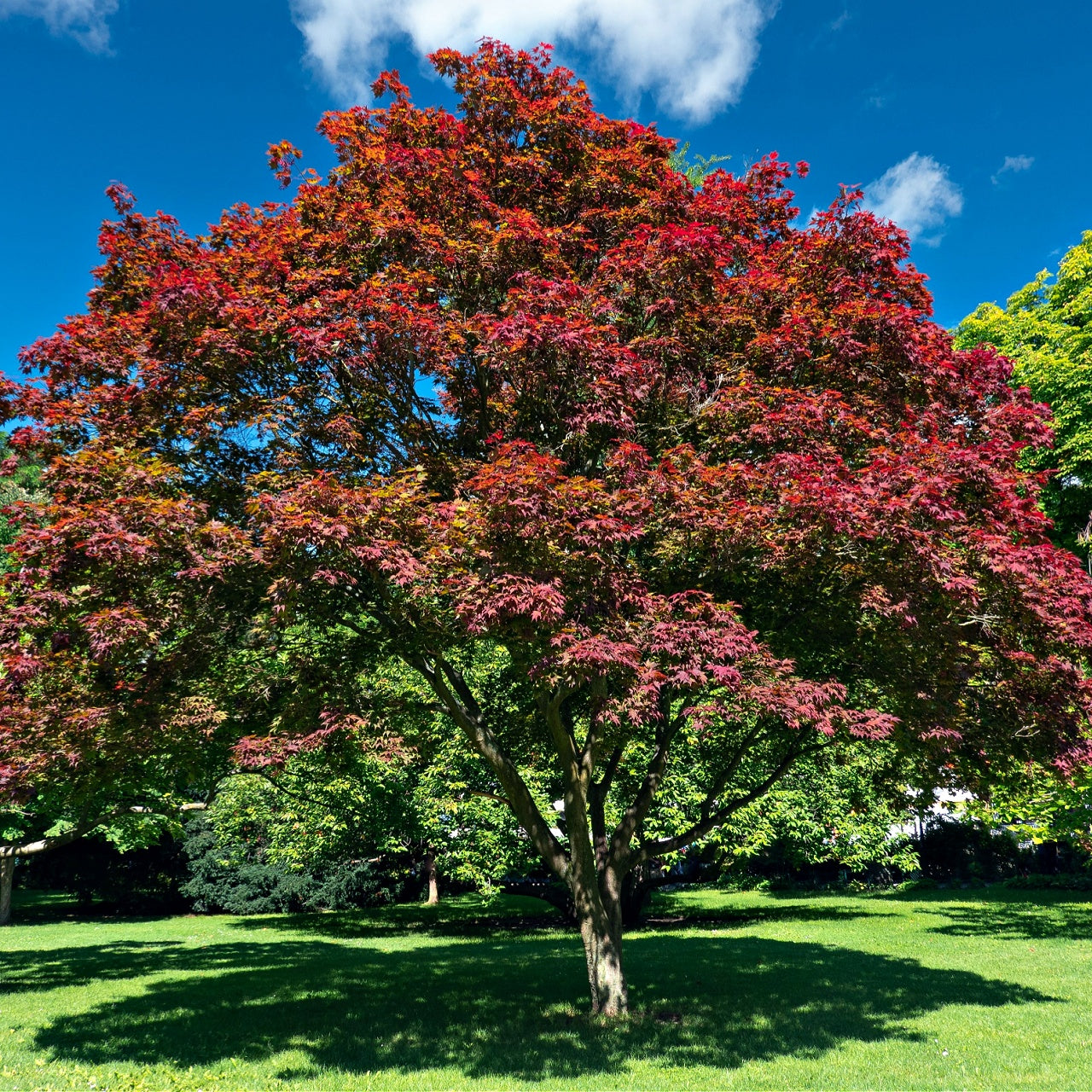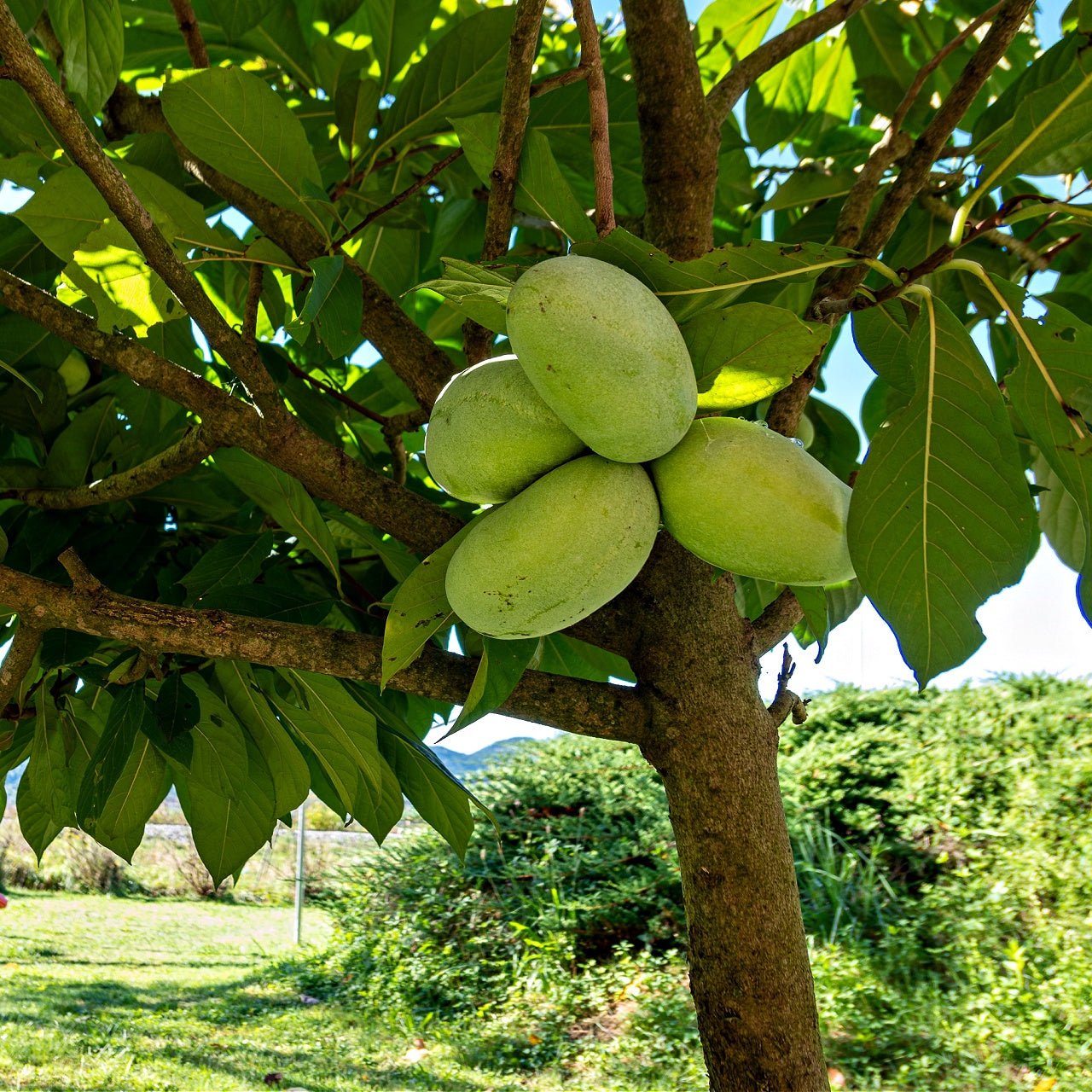
Vinca Minor Is an Environmentally Friendly Ground Cover
Vinca Minor Is an Environmentally Friendly Ground Cover
What, in your opinion, enhances the beauty of a garden? Your garden may gain a new level of excitement when bees, birds, and butterflies appear. Planting flowers with these elements in mind will draw these species and animals, as they are frequently attracted to plants that yield pollen, nectar, or seeds.
Vinca minor, also known as common periwinkle or creeping myrtle, is a famous groundcover plant that has been widely utilized in landscaping and gardening for decades. It is not only aesthetically pleasing, but it also has various environmental benefits that make it an ideal choice for eco-conscious gardeners. Another environmental advantage of Vinca minor is its ability to improve soil health. As a ground cover plant, it helps to protect the soil from erosion.
In this article, we will discuss the benefits of Vinca Minor, how to grow and care for it, and design ideas for incorporating it into your landscape.
So, without further ado, let’s get started.
Environmental Benefits of Vinca Minor
Vinca Minor is an excellent choice for an eco-friendly groundcover due to its numerous advantages. One of the most significant benefits of Vinca Minor is its ability to reduce soil erosion. Its thick foliage helps to anchor the soil in place, preventing it from washing away during heavy rainfalls. This is especially important in sloped areas where runoff is a significant concern.
Another benefit of Vinca Minor is its ability to suppress weed growth. Its dense growth habit prevents sunlight from reaching the soil, making it difficult for weeds to grow. This means that Vinca Minor can reduce the need for chemical herbicides that can be harmful to the environment.
Vinca Minor also provides a habitat for wildlife. Its dense foliage offers shelter for small animals such as chipmunks, rabbits, and birds. The plant's attractive blue-purple flowers are also attractive to bees and butterflies, making it an excellent addition to any wildlife garden.
Additionally, Vinca Minor is a low-maintenance groundcover that does not require excessive watering or the use of chemicals. This means that it is an environmentally sustainable option for maintaining a beautiful landscape.
Vinca Minor - The Low-Maintenance Groundcover
Vinca Minor is an easy-to-grow plant that requires minimal care. It is drought-tolerant, meaning that it can survive extended periods of dry weather without wilting or dying. Because of this, it is a great choice for regions with limited rainfall or gardeners who want to conserve water.
Here is the list of reasons it's one of the lowest maintenance groundcovers:
- Drought-tolerant: Vinca Minor can survive extended periods of dry weather without wilting or dying. The low water requirement makes it a perfect choice for areas with limited rainfall or gardeners who want to conserve water.
- Resistant to pests and diseases: Vinca Minor is a hardy plant that is not susceptible to many pests or diseases. This means that it does not require frequent spraying of pesticides or fungicides to maintain its health.
- Does not require frequent mowing or trimming: The plant's growth habit is low and dense, so it does not require frequent mowing or trimming to maintain its appearance. This makes it ideal for those who want to reduce the time spent maintaining their landscape.
- Can thrive in poor soil conditions: It can flourish in a variety of soil types, including clay, loam, and sandy soil. It does not require nutrient-rich soil to thrive, making it an ideal choice for areas with poor soil quality.
- Self-seeds and spreads easily: Vinca Minor can spread rapidly and fill in bare spots in the landscape. This means that it does not require frequent replanting or additional maintenance to maintain its appearance.
To put it simply, Vinca Minor is a low-maintenance groundcover that is easy to care for and can thrive in various conditions. Its ability to tolerate drought, resist pests and diseases, and spread quickly makes it an ideal choice for those who want to reduce the time and effort spent maintaining their landscape.
How You Can Grow and Care for Vinca Minor
Choosing the right location and soil type is essential for the successful growth of Vinca Minor. It prefers light shade to full shade and well-drained soil. This plant is capable of growing in a wide range of soil types, such as clay, loam, and sandy soil. However, it prefers slightly acidic soil between the pH range of 6.0 and 7.5.
When planting Vinca Minor, space the plants 12 to 18 inches apart to allow for their spread. Ensure that the soil is moist before planting to prevent the roots from drying out. In the first growing season, water the plants regularly to establish their roots. Once planted, Vinca Minor requires minimal watering.
Fertilization is not necessary for Vinca Minor, as it can thrive in poor soil conditions. However, adding organic matter to the soil can help to improve soil quality and provide nutrients to the plant.
Pruning and maintenance of Vinca Minor are minimal. The plant can spread rapidly and may require occasional thinning to prevent overcrowding. The quickest way to do this is by cutting back the stems to their base using pruning shears.
Design Ideas Using Vinca Minor
Vinca Minor is a versatile plant you can use in various landscape designs. Its low-growing habit makes it ideal for edging paths, walkways, and garden beds. You can also use it to fill in bare spots in shaded areas.
One design idea is to combine Vinca Minor with other plants to create a natural-looking ground cover. Hostas, ferns, and heucheras are excellent companion plants for Vinca Minor. They have similar shade requirements and create a visually appealing combination of foliage textures and colors. Aside from that, combining Vinca Minor with spring-blooming bulbs such as daffodils or crocuses can add a pop of color to the landscape.
You can also use Vinca Minor to create a green carpet under trees or to cover slopes. Plants like these look great, along with other low-maintenance plants such as pachysandra and ivy, to create a natural and lush landscape.
For a more formal landscape design, you can use it in conjunction with stone or brick pathways or garden borders. Its dense growth habit can help to soften the edges of hardscaping and create a natural-looking transition between the garden and the hardscape.
Closing Remarks
It's important to remember that plants play a vital role in our environment; however, some plants are more environmentally friendly than others. And if you are looking for the right ground cover plant, then Vinca Minor is an excellent choice for an environmentally friendly ground cover.
It offers several benefits, such as reducing soil erosion, suppressing weed growth, and providing habitat for wildlife. Also, its low-maintenance requirements make it an ideal option for gardeners who want to conserve water and reduce the time spent maintaining their landscape.
Moreover, it is a versatile plant that you can use in various landscape designs. Whether as a groundcover to fill in bare spots in shaded areas or to create a green carpet under trees, Vinca Minor is a great addition to any landscape.
So, if you want to add a touch of natural beauty to your garden while being environmentally conscious, consider planting Vinca Minor this season!






